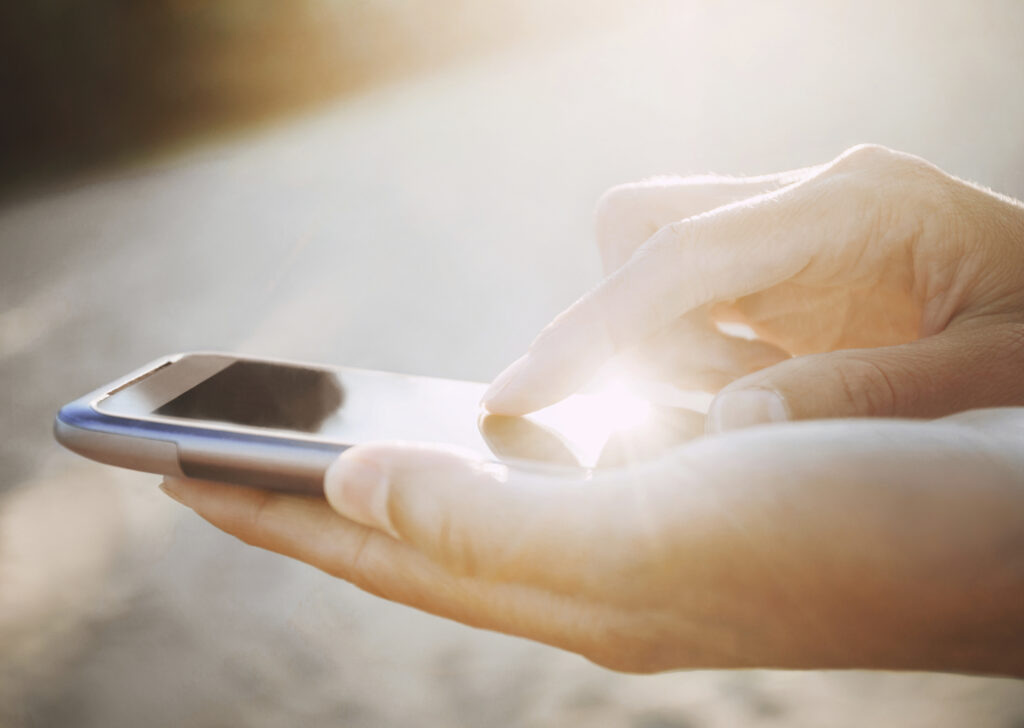Cellphones could be considered the modern equivalent to a double-edged sword. The pocket-sized computers can navigate across the globe, instantly share experiences and connect us to the greatest wealth of information the world has ever seen. They also distract us from conversations, interrupt our sleep and can create unnecessary anxiety and stress. So how have we as a society adapted to this technology? How has it changed and shaped our everyday life and how can we make sure they don’t negatively impact us?
Technology has started to advance at breakneck speeds in the past couple decades. For better or worse these advances disrupt social norms and daily routines. We are just now seeing legislation being introduced on a state-by-state basis that specifically calls out mobile devices to try and prevent distracted driving. Even the United States Supreme Court had a ruling last year that protects the privacy of cellphones from unwarranted searches. No doubt there will be more SCOTUS cases that involve mobile devices in the not too distant future.
Having cellphones as a part of our daily lives creates a plethora of new social challenges as well. How should someone conduct him or herself when they have 24/7 access to cat videos? Should you have your phone on the table or in your pocket during a meeting? The Pew Research Center recently released a report that explains survey findings on how Americans view cell phones. Generally, it’s seen as appropriate to be on your phone during passive activities like walking or waiting in line but is frowned upon at restaurants or meetings.
Appropriateness aside, is there any benefit to having your phone during a meeting or is it an avoidable distraction? Forbes elaborated on research from the University of Southern California’s Marshall School of Business pertaining to this exact situation. From that research, 86% of survey participants believed that it is inappropriate to answer a phone call during formal meetings and 66% thought it inappropriate for any meeting. With those numbers, chances are good that someone in your meetings doesn’t appreciate it. That means, senior leadership is picking up on it and more than likely, doesn’t appreciate it. Perhaps it would be beneficial to perform an experiment where you leave your phone at your desk for meetings for a week. Keep in mind that having a laptop in meetings can be counter-productive too.
According to the Pew Research Center, approximately “64% of American adults own a smartphone”. Let’s assume that a minimum of 50% of American’s actively use their smartphones for email. According to technology market research firm The Radicati Group, Inc., approximately 121 professional emails were sent and received each day in 2014. That means, roughly 5 trillion emails are sent to American cell phones on an annual basis.
Technology is constantly in motion but society is starting to slowly catch up with phone etiquette. Much of it is common sense, but to paraphrase the Emily Post Institute:
- Be in control of your phone (not it in control of you)
- Be courteous to those you are with (turn off your phone if it will interrupt a meeting or activity)
- Don’t text or check email during a business meeting or lunch
- If you need to keep your phone on for an important communication, put it in silent mode
- Never text and drive
Cell phones are arguably one of the most useful pieces of technology of our day. For every piece of technology, new challenges arise and it’s up to us as users of the technology to manage those challenges the best we can. Stay tuned in the coming months on how to avoid some of the pitfalls they can create.
![cat[&]tonic](https://cat-tonic.com/wp-content/uploads/candt_logo-rw.png)




